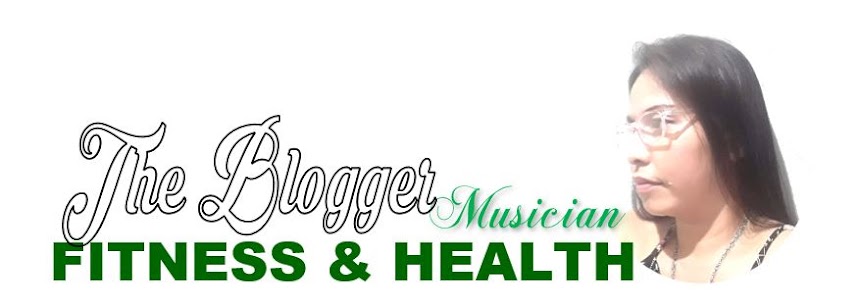As a researcher delving into the complexities of our diets, I’ve found that pork occupies a fascinating position in the culinary world. It’s celebrated in cuisines across the globe, yet it’s often a topic of health and ethical debates. Let’s explore the advantages and disadvantages of pork, helping you make informed decisions about whether it belongs on your plate.
The Advantages of Pork
- Rich in NutrientsPork is a powerhouse of essential nutrients. It’s an excellent source of high-quality protein, which supports muscle repair and growth. Additionally, pork contains significant amounts of B vitamins, particularly B1 (thiamine), which is crucial for energy production and nervous system function.
- Versatile and DeliciousFrom crispy bacon to tenderloin, pork adapts to various cooking methods and flavor profiles. Its versatility makes it a favorite for chefs and home cooks alike.
- Affordable and AccessibleCompared to many other protein sources, pork is relatively affordable and widely available, making it a practical choice for many households.
- Boosts Immune HealthPork is rich in zinc, a mineral vital for a healthy immune system. Including it in your diet can help fortify your body against illness.
The Disadvantages of Pork
- High Saturated Fat ContentWhile pork can be a lean source of protein, some cuts (like belly or ribs) are high in saturated fats, which may contribute to heart disease when consumed in excess.
- Potential for ParasitesUndercooked pork can harbor parasites like Trichinella spiralis, which causes trichinosis. Proper cooking and sourcing from reputable suppliers mitigate this risk.
- Ethical and Environmental ConcernsThe industrial farming of pigs raises ethical questions about animal welfare and contributes to environmental issues, including deforestation and greenhouse gas emissions.
- Dietary RestrictionsCultural and religious beliefs often discourage or prohibit pork consumption, making it a divisive food choice in certain communities.
Research Findings: Moderation is Key
As a researcher, my conclusion aligns with the age-old advice: moderation is key. Lean cuts of pork, such as tenderloin or loin chops, can be a healthy addition to your diet when prepared properly. Opt for grilling, baking, or steaming instead of frying to minimize added fats.
Additionally, choosing pork from sustainable and humane sources helps address ethical and environmental concerns. Look for labels like “organic” or “free-range” to ensure better farming practices.
Making the Right Choice for You
Pork can be a nutritional ally or a dietary adversary—it all depends on how it fits into your overall lifestyle. Are you balancing it with vegetables and whole grains? Are you aware of its origins? These questions matter.
By being mindful of the pros and cons, you empower yourself to make choices that align with your health, values, and tastes. Whether you embrace pork as part of your meals or opt for alternatives, your decision should reflect thoughtful consideration.
So, what’s your take on pork? Is it a staple or a skip in your kitchen? Share your thoughts—I’d love to hear your perspective!


No comments:
Post a Comment